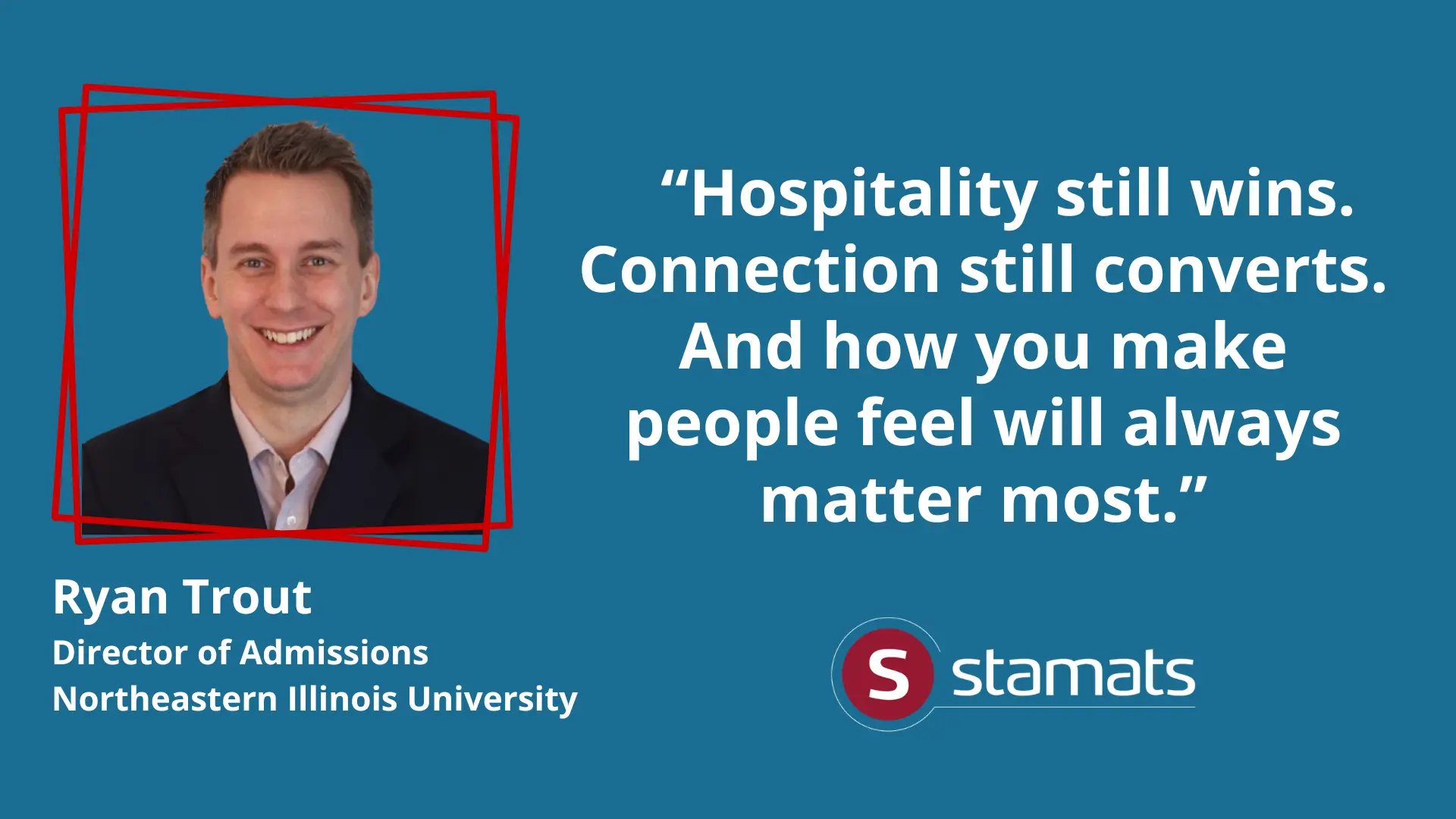Written by
on

Recognizing the new financial reality requires new tactics and strategies to build up alternative, non-enrollment revenue sources.
In my last post, we looked at some near-term tactics that, amidst our pandemic, can help you land the class.
Then we looked at a handful of longer-term initiatives so you can meet the challenges of fall 2020 and beyond.
Today, we’ll look at another critically important topic: revenue replacement. Many colleges are already seeing shortfalls in the millions of dollars because of lost room and board, campus bookstore purchases, and event participation. Of course, this in addition to dollars lost from enrollment reductions.
Consider some of these ideas as you brainstorm revenue solutions going forward:
Support Diversification Efforts
Co-ventures
Opportunities to develop co-ventures are all around, especially in the wake of the COVID-19 pandemic. Consider the case of an engineering lab that, after meeting with healthcare professionals, began using its array of 3-D printers to manufacture face shields.
Another project involves three different colleges collaborating with a major healthcare organization to re-engineer ventilators so they can be manufactured faster and cheaper. While colleges should take care not to profit from the crisis, there is every likelihood that these new relationships can have long-term benefits once the threat passes.
Customized academic programming & training
There’s never been a better time to offer customed virtual training. As leaders, managers, and workers at every level scramble to define the new normal, providing exceptional training can help set your institution apart.
Beyond programming directly related to COVID-19, consider what you can offer in the areas of employee recruiting and training, virtual leadership and management, supply chain security and logistics, and other areas where your resources can give you an edge.
Incubators
Different than a classroom or library, incubators connect students to employers, other collaborators, and investors. In doing so, they provide a community that both nurtures and refines ideas that have marketplace interest.
Incubators attract money from donors, businesses, and legislators. Currently, about one-third of America’s 1,200 or so incubators are on college campuses, could yours be next?
Leverage Existing Resources
Sell intellectual property
Beyond sponsored research, intellectual property (IP) focuses not only sponsored research, but research arising from faculty, staff, and student research and scholarship. It generally falls into two groups—work covered by patent law and work covered by copyright law.
Importantly, when a faculty member conducts research using university resources, the university retains all, or a portion of, ownership. This can not only benefit your bottom line but can drive interest and prestige for your school as well.
License customized content
Because turnaround times are so tight, more and more colleges are buying (which is good) or licensing (which is better) existing curriculum and support materials from other colleges.
Grant writing
One of the most effective ways to generate meaningful revenue is through grant writing. Since many foundations must, by law, give away a portion of their assets each year to protect their tax-exempt status, they are motivated to give!
One Stamats client “hires” retired faculty to write grants. The faculty appreciate the extra income and opportunity to stay engaged. One dean mentioned that in the 10 years after retiring as a former physics professor and working just a couple of hours a week, he has helped generate more than $1 million in grants.
Fundraising
While personal and family portfolios have taken a considerable hit recently, many people also feel more compelled than ever to support their colleges and universities. This is a continuation of a trend that began about a decade ago as families sought to consolidate their giving, supporting fewer entities more robustly.
The key to operationalizing your fundraising efforts to drive success includes two essential aspects. First, realize that donors will be more inclined to support those institutions that are aggressively meeting the challenges ahead. In times of uncertainty, donors respond to bold thinking and action.
Second, because giving can take so many forms (e.g., annual funds, non-campaign donations, planned giving, and others), effective fundraiser organizers must understand both the emotional and sometimes technical (legal, tax) issues that surround giving.
One note: If you need immediate success, focus on your annual fund. It’s typically the easiest avenue to gain traction.
Look for New Opportunities
Seek sponsored research
Sponsored research projects are funded by a federal, state, or private organization or agency. The research itself can be basic, applied, or both. Colleges and universities can charge fees not only for the direct research but can also include an allocation for overhead.
In some instances, institutions also retain a percentage of ownership of any ideas, innovations, products, or services arising from the research.
Beyond the financial benefits, a strong sponsored research program also attracts faculty, students, and media attention to raise your institution’s profile and support your brand.
Income sharing arrangements
Historically, income sharing agreements (ISAs) involved either a college or a business subsidizing a student’s tuition in exchange for a percentage of their income. While these models have a spotty record in the U.S., they have success in other countries and are slowly returning to our shores. As students continue to grapple with college cost and seek to avoid debt, it’s likely ISAs will continue to gain momentum.
Ready to talk about more ways to jumpstart revenue replacement initiatives? Set up a consultation with Stamats today.
Ready to Get Started?
Reach out to us to talk about your strategy and goals.


